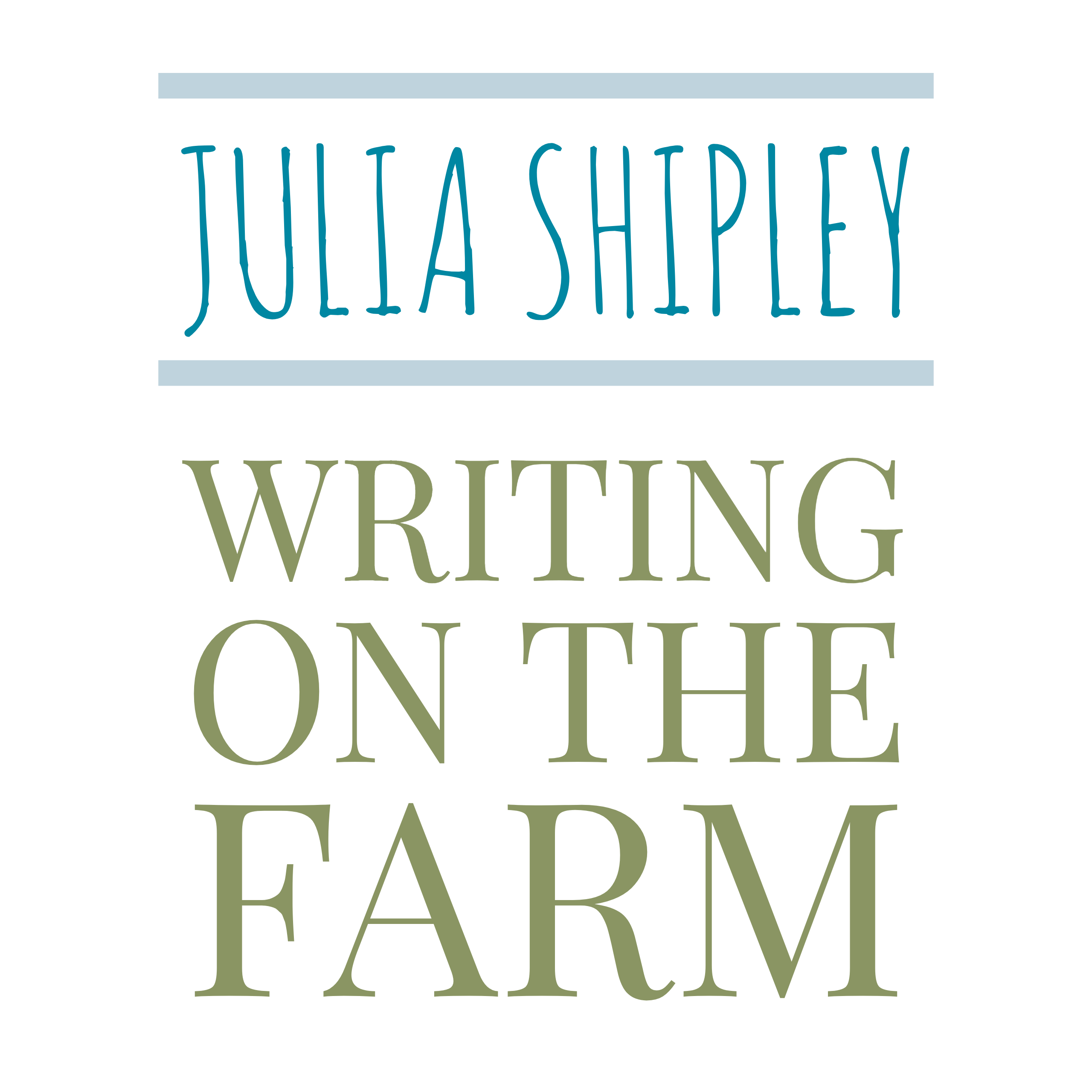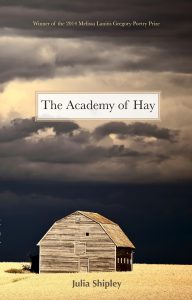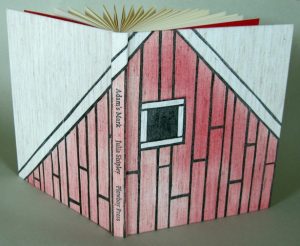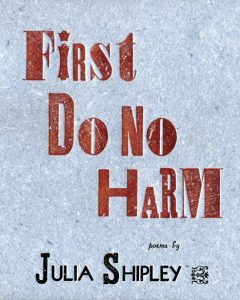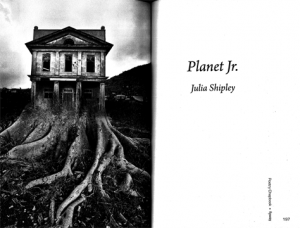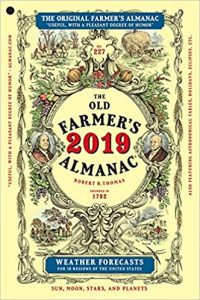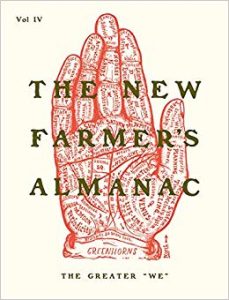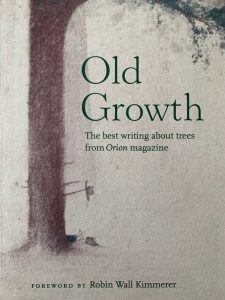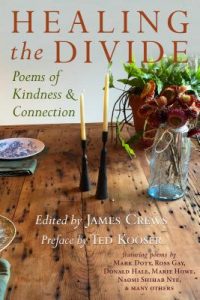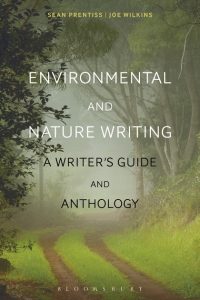Books
The Academy of Hay
The Academy of Hay won the 2014 Melissa Lanitis Gregory Poetry Prize and was a finalist for the Vermont Book Award.
“With the thrill of each metaphor, Shipley reminds us of the connections between farm work and poetry that culture actually comes from cultivating ground.’ — Molly Peacock, author of The Second Blush
Read Grace Cavalieri’s review of The Academy of Hay in Washington Independent Review of Books: here
Read Andrew Merton’s review in Green Mountains Review: here
Read Karen George’s review for Poetry Matters: here
For more details or to order please visit Amazon.com
Adam’s Mark
Adam’s Mark: Writing from the Ox-House is a collection of prose as well as the culmination of labors by three artists: a book artist, a visual artist and a writer. First, the book is entirely handmade in a limited edition of just 100 copies. Each page has been designed, letterpress printed on a hand-cranked press, then hand-sewn by book artist Andrew Miller-Brown. Furthermore, the book includes original woodblock print illustrations by artist Mary Simpson. Adam’s Mark contains stories exploring connections between the work of writing and the work of farming. Many of the linked stories in the collection were funded by a Vermont Arts Council Creation Grant and honored with the 2006 Ralph Nading Hill Award. Other portions previously appeared in Farming, Passages North, Rivendell, Small Farmers Journal and Vermont Life. The book is also available in an (also beautifully designed, but slightly more affordable) trade edition. For information or to order please visit http://www.plowboypress.com/
Editor emeritus of Vermont Life Magazine, Tom Slayton remarked, “Adam’s Mark brilliantly combines the author’s interest in literature with her experience working on a dairy farm. Words and work are melded in a series of essays that are brief, captivating and profound, with references that range from Japanese Haiku to Seamus Heaney, and from summertime haying to mid-winter manure piles. Julia Shipley is one of Vermont’s very best emerging writers, and she proves it once again with this charming and beautifully written collection.”
Adam’s Mark was mentioned in the Boston Globe and also selected as a Boston Globe Best New England Book of 2014.
Chapbooks
First Do No Harm
First Do No Harm is a poetry chapbook published by Honeybee Press. Relentlessly rural, bizarrely bucolic, perversely pastoral, many of these verses first appeared in CutBank, FIELD, Green Mountains Review, Poetry, and elsewhere. Honeybee poet and publisher, Benjamin Aleshire produced this chap during a fellowship artist residency at Bluseed Studio in Saranac Lake. For more details or to order please visit http://honeybeepress.org/
Planet Jr
Planet Jr. was the 2012 winner of the Hazel Lipa Environmental Chapbook Award from Flyway: Journal of Writing and Environment. The chapbook was included in the journal’s final print issue. Those interested in purchasing the issue containing Planet Jr. should contact Sheryl Kamps at Iowa State University.
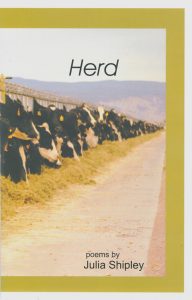
Herd
When You’re Contemplating Buying the Farm
“Someone in Vermont’s gotta write poems about cows. Craftsbury poet Julia Shipley does it with economy and sometimes poignancy. It’s more accurate to say her chapbook Herd is about the farming life. Shipley, a Pennsylvania native, took a trajectory that’s less surprising these days than it once would have been: She got her MFA at Bennington College while working in barns, which she still does today. Herd combines lyrics with prose-poem accounts of daily chores. All are rich in the details no tourist sees, whether Shipley describes Black Angus cattle eating “cracked batches of flawed communion wafers” or how it feels rising before dawn to watch “the woodshaving, goosefeather moon rising out of a break in the black trees.” In the last poem included here, “After Snyder’s Axe Handles,” Shipley claims her place in the lineage of local poets:
And I see: Frost set a post
And Carruth set a post
And I will pound mine in
To continue the current of words through this diminishing country
By lifting a rock, a hammer, a pen
To mend”
– excerpted from Poetry Playlist a 2010 Seven Days poetry review by Margot Harrison.
Almanacs
Anthologies
Old Growth: The best writing about trees from Orion magazine
forward by Robin Wall Kimmerer
“This book is an arboretum of essays, not showcasing “trees” as a class of beings, but rather stories of interspecies relationships of an arboreal kind, as diverse in scope as trees are in leaf.”~ Robin Wall Kimmerer
Healing the Divide: Poems of Kindness and Compassion
edited by James Crews
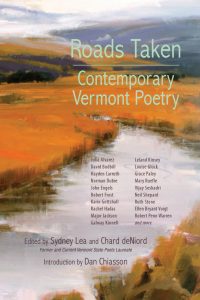
Roads Taken: Contemporary Vermont Poetry
With its mystical landscape and fiercely self-reliant citizenry, Vermont has inspired poets from its earliest days. This anthology of contemporary Vermont poets represents a wide range of accomplished voices―both young and old, both renowned and relatively unestablished. Their poems reverberate with what W.H. Auden called “memorable speech” in a wide variety of forms and subjects. While there is no such thing as a particular brand of Vermont poetry, the poems in this volume claim Vermont as their place of origin, bearing witness to the remarkably rich and ongoing legacy of the state’s poetic tradition.
“. . . Roads Taken includes themes one might expect from Vermont—its land, people and animals—but goes well beyond. . . . Lea and deNiord have shown what a reservoir of poetic talent thrives in this small corner of the nation. . . . In its breadth and beauty this collection captures a century of poetic art in Vermont.” —George Longenecker, Rain Taxi
Environmental and Nature Writing: A Writer’s Guide and Anthology
Offering guidance on writing poetry, nonfiction, and fiction, Environmental and Nature Writing is a complete introduction to the art and craft of writing about the environment in a wide range of genres. With discussion questions and writing prompts throughout, Environmental and Nature Writing: A Writers’ Guide and Anthology covers such topics as:
- The history of writing about the environment
- Image, description and metaphor
- Environmental journalism, poetry, and fiction
- Researching, revising and publishing
- Styles of nature writing, from discovery to memoir to polemic
The book also includes an anthology, offering inspiring examples of nature writing in all of the genres covered by the book, including work by: John Daniel, Camille T. Dungy, David Gessner, Jennifer Lunden, Erik Reece, David Treuer, Bonnie Jo Campbell, Alyson Hagy, Bonnie Nadzam, Lydia Peelle, Benjamin Percy, Gabrielle Calvocoressi, Nikky Finney, Juan Felipe Herrera, Major Jackson, Aimee Nezhukumatathil, G.E. Patterson, Natasha Trethewey, and many more.
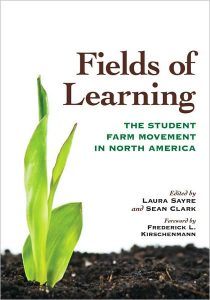
Fields of Learning
Chapter 3 (1962) Sterling College:
“Working Hands, Working Minds”
Where will the next generation of farmers come from? What will their farms look like? Fields of Learning: The Student Farm Movement in North America provides a concrete set of answers to these urgent questions, describing how, at a wide range of colleges and universities across the United States and Canada, students, faculty, and staff have joined together to establish on-campus farms as outdoor laboratories for agricultural and cultural education. From one-acre gardens to five-hundred-acre crop and livestock farms, student farms foster hands-on food-system literacy in a world where the shortcomings of input-intensive conventional agriculture have become increasingly apparent. They provide a context in which disciplinary boundaries are bridged, intellectual and manual skills are cultivated together, and abstract ideas about sustainability are put to the test.
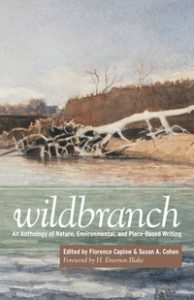
Wildbranch
Wildbranch: An Anthology of Nature, Environmental, and Place-Based Writing is at best a glorious introduction to and seminal collection of contemporary place-based writing, but it is also, undeniably, a love story. The Wildbranch Writing Workshop is entering its 24th year; co-sponsored by Sterling College and Orion magazine, the workshop gathers together like-minded writers — those who engage in “nature writing and beyond.” It is no surprise to anyone who knows the workshop’s history or its participants and faculty that this anthology captures the reverence and appreciation they hold for the natural world.
But the anthology goes beyond reverence to something more intimate, something I would call love. It doesn’t build to that emotion, slowly establishing these writer-nature relationships throughout the more than 60 poems and essays that comprise the text. No, it starts from a place of love. In that spirit, the opening section of the collection is titled “Intimacy,” and from there the collection flows through the themes “Speaking of Place,” “What Comes from the Land,” “On Perceiving and Knowing,” and “For the Children/For the Future.” And though the collection is nonfiction and poetry, a few pieces blur the genre line with lyricism, such as Julia Shipley’s “Aubade:”
This spot of blonde grit that isn’t a spot, the way the river isn’t the same river with water sluicing through it at every moment, is part of it. But what I pick is the middle of the road where we sank to our knees to look at a broken shell, then lowered further till the sand shifted and filled the space between the backs of our knees.
Why a road, why the middle of the road, why the middle of a one-lane, sand-packed track? Because it was ours. Our concentration enveloped it, and it absorbed us, offering us one ant hole and a stunted prickle of grass.
Excerpt from Jennifer McStotts review of Wildbranch: An Anthology of Nature, Environmental, and Place-Based Writing, edited by Florence Caplow and Susan A. Cohen
